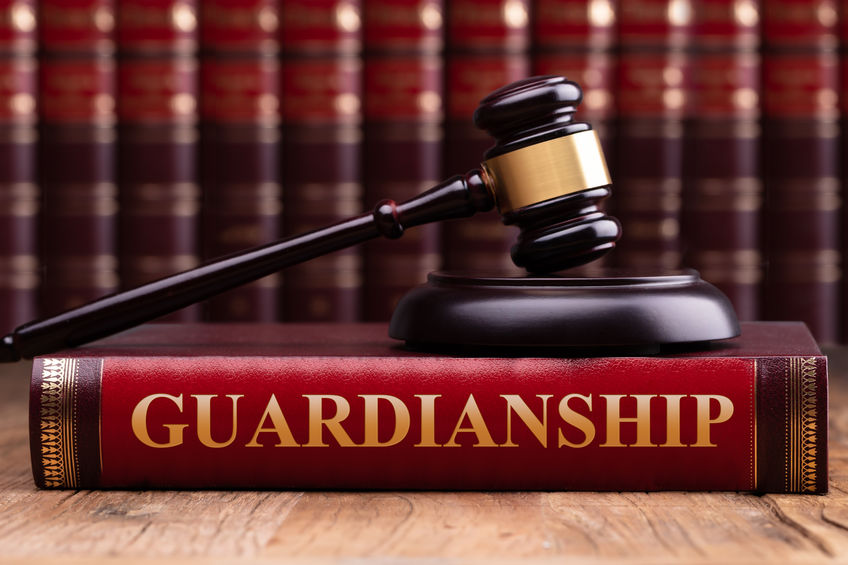What is Considered a Legal Guardian?
A legal guardian is an individual who has been appointed by a court to represent and make decisions on behalf of another other person. A legal guardian is appointed in accordance with state guardianship laws.
The person over whom the guardianship extends is called a “Ward.” Guardianships can be full or limited. A full legal guardianship is an arrangement where the guardian is granted powers to make all decisions – financial, medical, personal, etc. for the Ward. Whereas, in a limited guardianship, the guardian is only able to make a certain limited range of decisions for the Ward. Guardianships can also be temporary or permanent, sole or shared with another appointed guardian, and can be for the Ward’s personal care or for the Ward’s property.
A guardian owes a “fiduciary duty” to his Ward. A fiduciary duty is the guardian’s obligation to act in the best interests of the Ward and to act in good faith when making financial and legal decisions on behalf of the Ward.
How Do I Become Legal Guardian of My Parent?
In order to become a guardian of a parent, you must follow certain legal steps. First, you need to petition the court to appoint you as your parent’s legal guardian. This may be done if the parent is unable or unwilling to sign a power of attorney.
The court will (1) determine whether your parent requires a guardian and (2) whether you are in the best position to fill that role.
After being appointed by the court, the guardian will need to take the court order to the Social Security Administration and request to be named as the representative payee for the Ward. Similarly, the guardian should then notify all of the Ward’s banks, healthcare and legal service providers of the appointment.
How Can I Become a Guardian in Florida?
In Florida, guardianships are governed by Florida Title XLIII: Domestic Relations Chapter 744 (Guardianship).
Similar to this procedure in other states, a person seeking to be appointed as guardian in Florida has to first file a Petition to Determine Incapacity. This petition would establish that the Ward requires a guardian because they are incapable of exercising their rights and taking care of themselves. The court would then appoint three members of an examining committee, usually consisting of a doctor, psychologists, and psychiatrists to examine the Ward. The committee would meet with the Ward and investigate whether he or she truly requires a guardian and to what extent.
Following the committee’s report, the Judge will enter an Order adjudicating the Ward incapacitated and to the extent of incapacity. Once this Order is entered, the prospective guardian should file a Petition for Appointment of Guardian, after which the court will either approve the guardian or appoint another.
What Are the Requirements to Become a Guardian in Florida?
A person seeking to be appointed as guardian in Florida must:
- Be at least 18 years of age
- Be a Florida resident (If the prospective guardian is not a Florida resident, the statute provides a list of requirements to be met in order to petition a Florida court for guardianship)
- Submit to a criminal and credit background check
- Attend an 8-hour education course on guardianships
How Long Does a Guardianship Last?
A typical guardianship over a parent will last until either (1) the court decides that it is no longer needed, usually when someone files a Suggestion of Capacity, or (2) the parent passes away.
If you have questions regarding becoming a guardian or would like more information on guardianships, do not hesitate to call one of our attorneys at EPGD Business Law, EPGD Business Law is located in beautiful Coral Gables, West Palm Beach and historic Washington D.C. Call us at (786) 837-6787, or contact us through the website to schedule a consultation.








